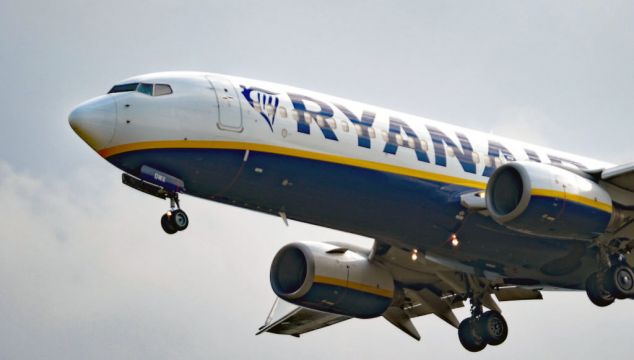Ryanair revealed sharply falling profits following a surge in fuel costs and cut its full-year profit outlook after being removed from some online travel agent websites.
The budget carrier reported after-tax profits slumping to €15 million for its third quarter to the end of December, from €211 million a year earlier.
It said the group’s fuel bill surged by 35 per cent to €1.2 billion, which outweighed a 17 per cent rise in revenues.
The group also narrowed its full-year guidance after slashing prices to offset the move in early December by some online travel agents (OTAs) – such as Booking.com, Kiwi and Kayak – to take Ryanair off their sites.
Ryanair said earlier this month that its sudden removal from the sites, repeatedly branded by the airline as “pirates”, was “welcome”, but would impact ticket revenues as it is forced to slash fares to fill seats.
Figures on Monday confirmed its load factor, a measure of how well airlines fill their planes, fell to 92 per cent in the third quarter from 93 per cent a year earlier.

The group is now guiding for profit after tax for the year of between €1.85 billion and €1.95 billion, against the €1.85 billion and €2.05 billion previously pencilled in.
Ryanair boss Michael O’Leary said: “While we will benefit from the first half of Easter traffic falling in late March, this is unlikely to fully offset the weaker than previously expected load factors and yields late in the third quarter and early fourth quarter.”
He also added a note of caution that the full year result was “heavily dependent upon avoiding unforeseen adverse events”, such as the Ukraine war and the conflict in Gaza.
Ryanair last week launched its first OTA partnership, agreeing a deal with loveholidays to offer its flights as part of package trips.
Ryanair has previously strongly complained about OTAs selling its flights without permission and recently claimed companies such as Kiwi.com, Opodo, eDreams and lastminute.com were overcharging passengers.
There is also an issue with passengers’ contact details not being passed on, making it difficult to provide travel updates and process refunds, according to the group.







